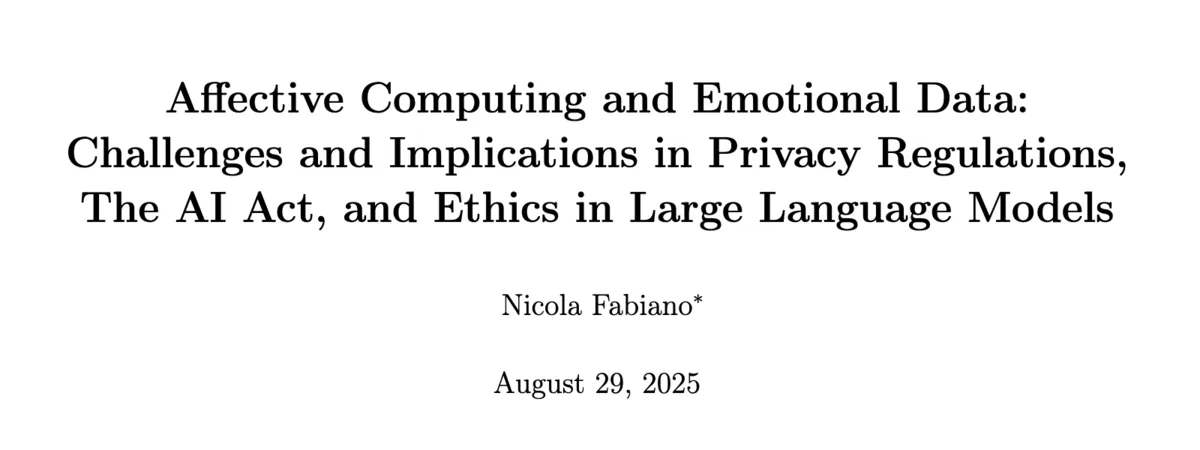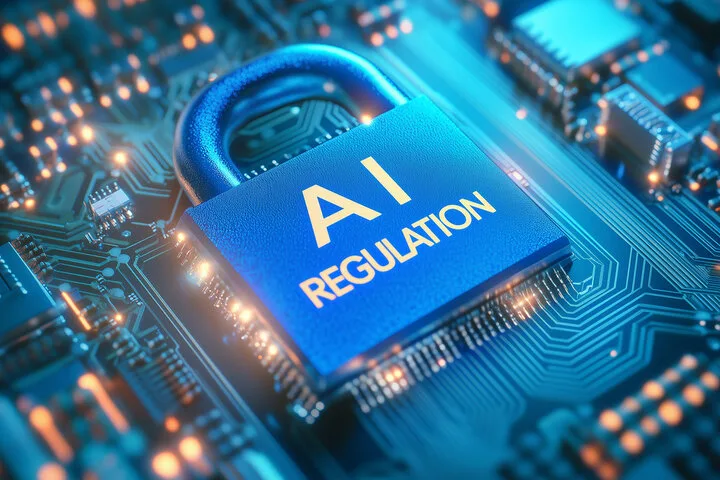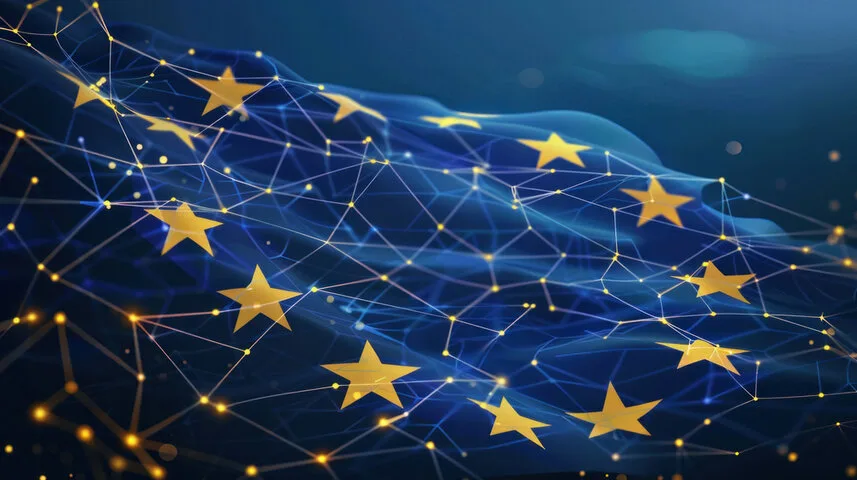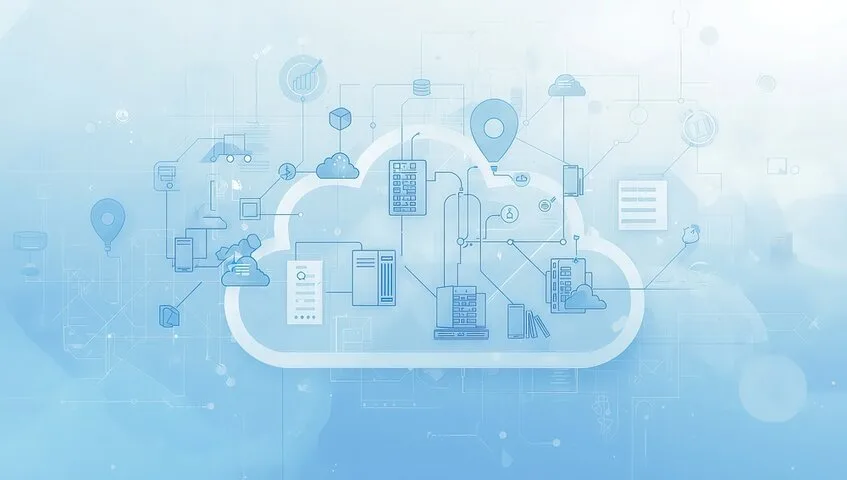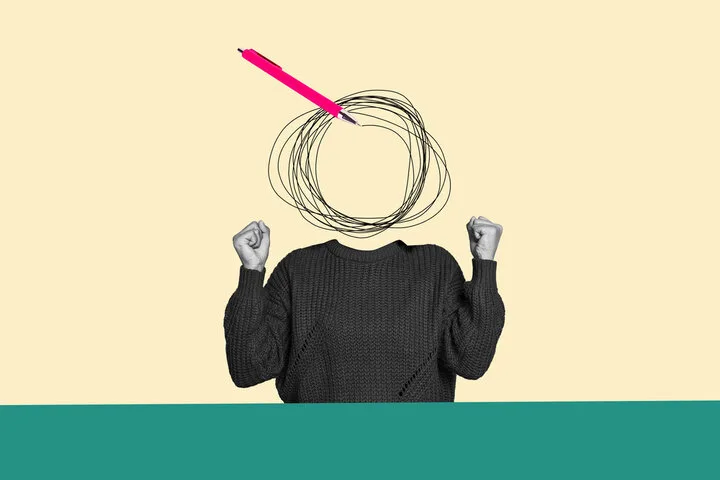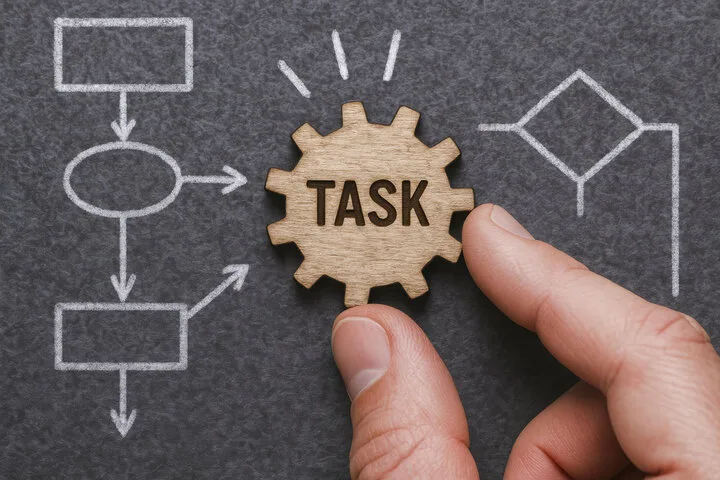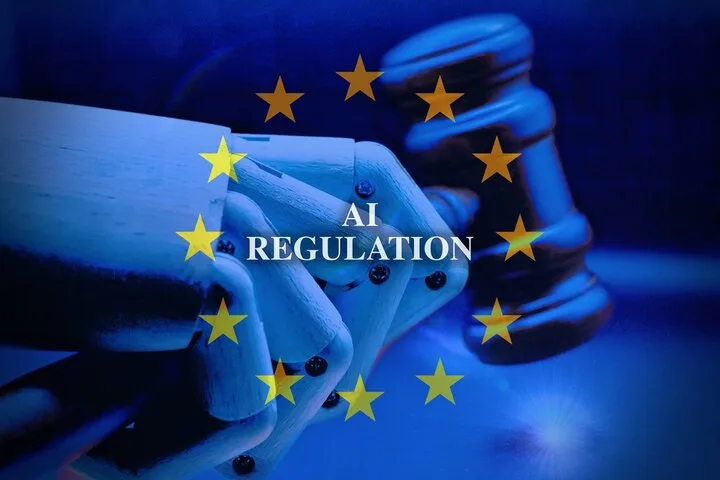
Hush Line: The Open-Source Platform for Anonymous Whistleblowing
Hush Line: The Open-Source Platform for Anonymous Whistleblowing October 2025: European Cybersecurity Month October 1 marked the start of European Cybersecurity Month, an annual awareness campaign that offers practical guidance to EU citizens on how to stay safe online. The campaign is coordinated by the European Union Agency for Cybersecurity (ENISA) and the European Commission, with support from EU member states and hundreds of partners across Europe and beyond. This year’s theme is particularly relevant: combating phishing and social engineering. Currently, 60% of cyberattacks start with phishing, an attempt to steal information or gain access to systems through deceptive messages or fraudulent websites. The campaign’s motto, “Cybersecurity is a Shared Responsibility,” emphasizes a fundamental concept: cybersecurity is a collective responsibility. ...

